
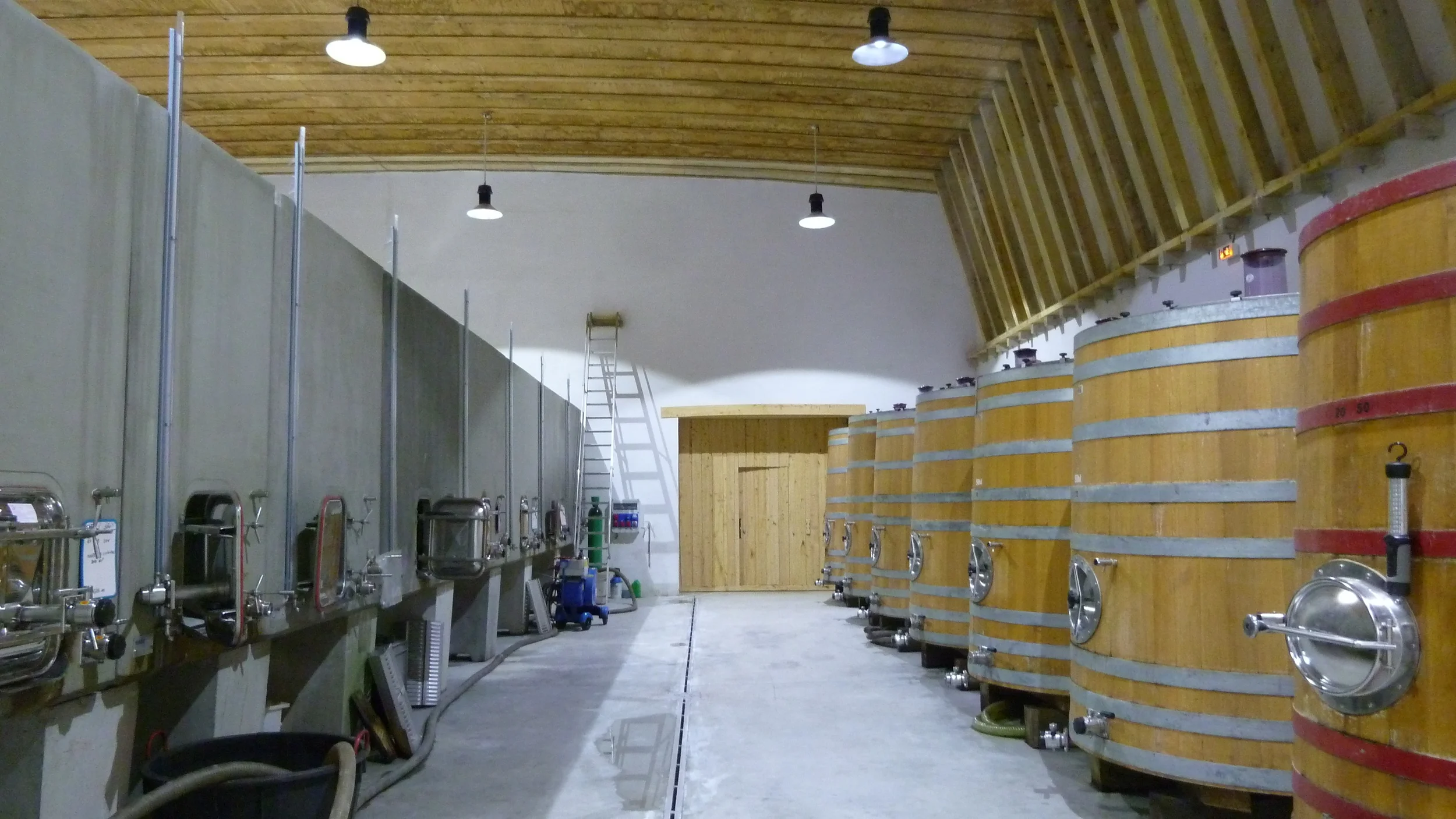
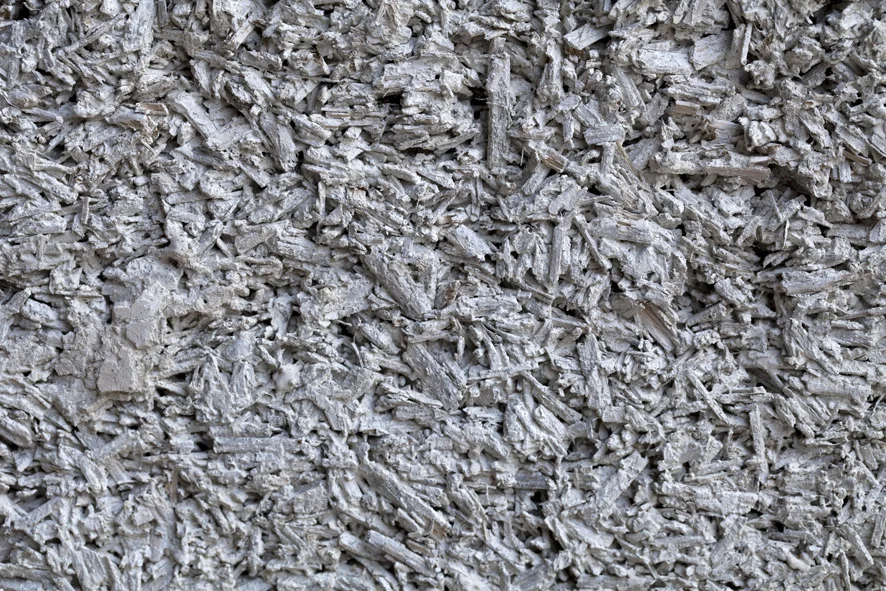
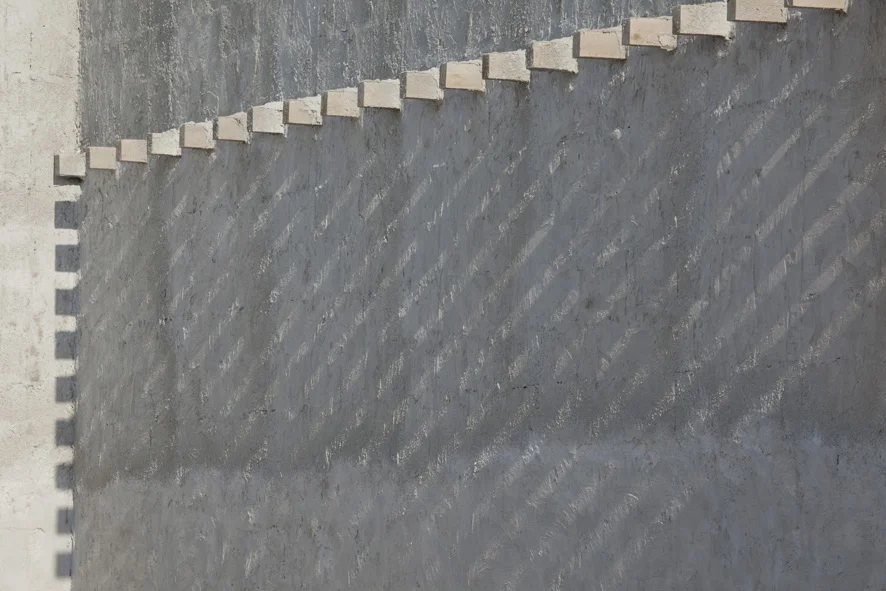
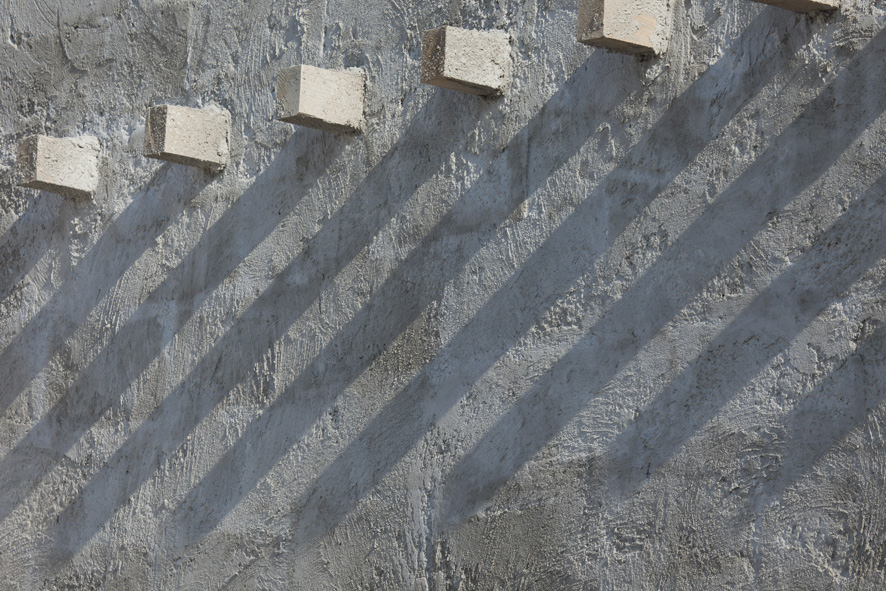
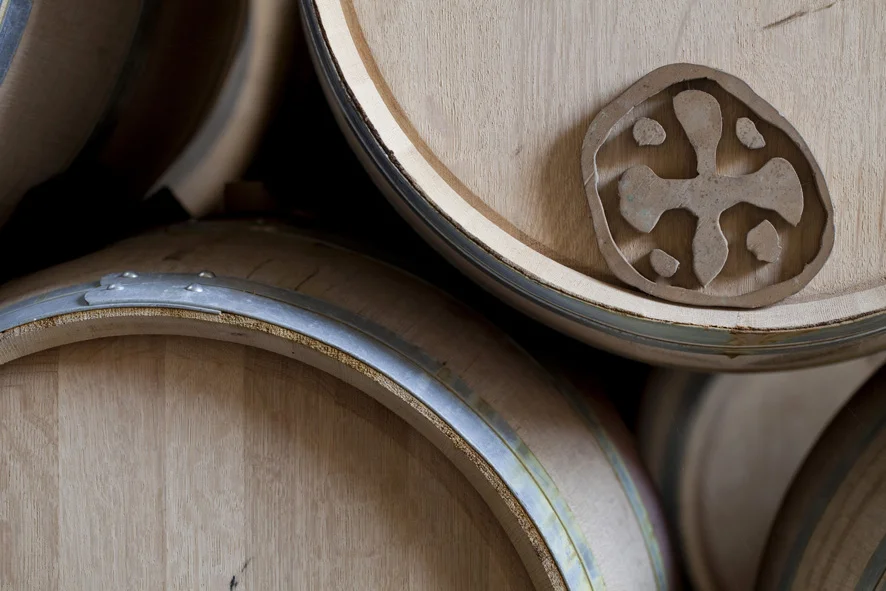
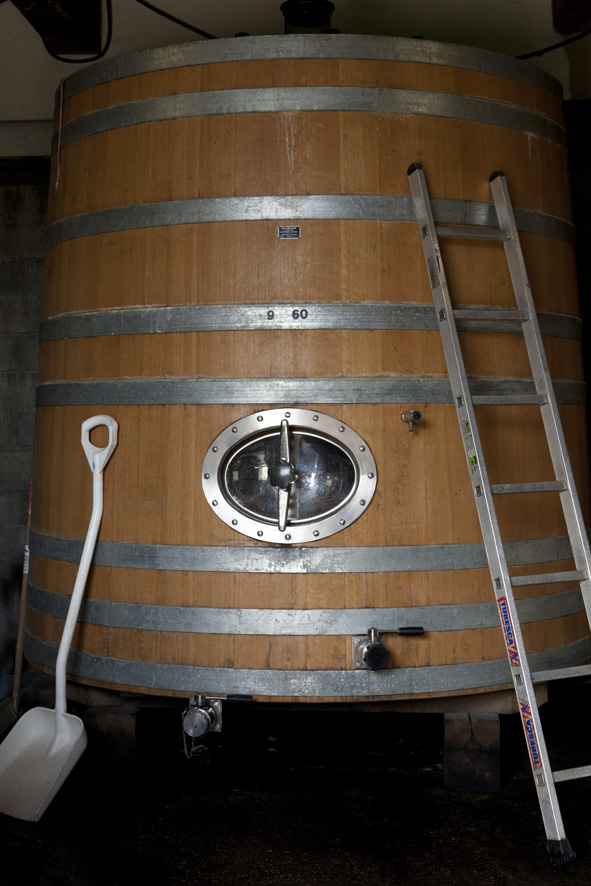
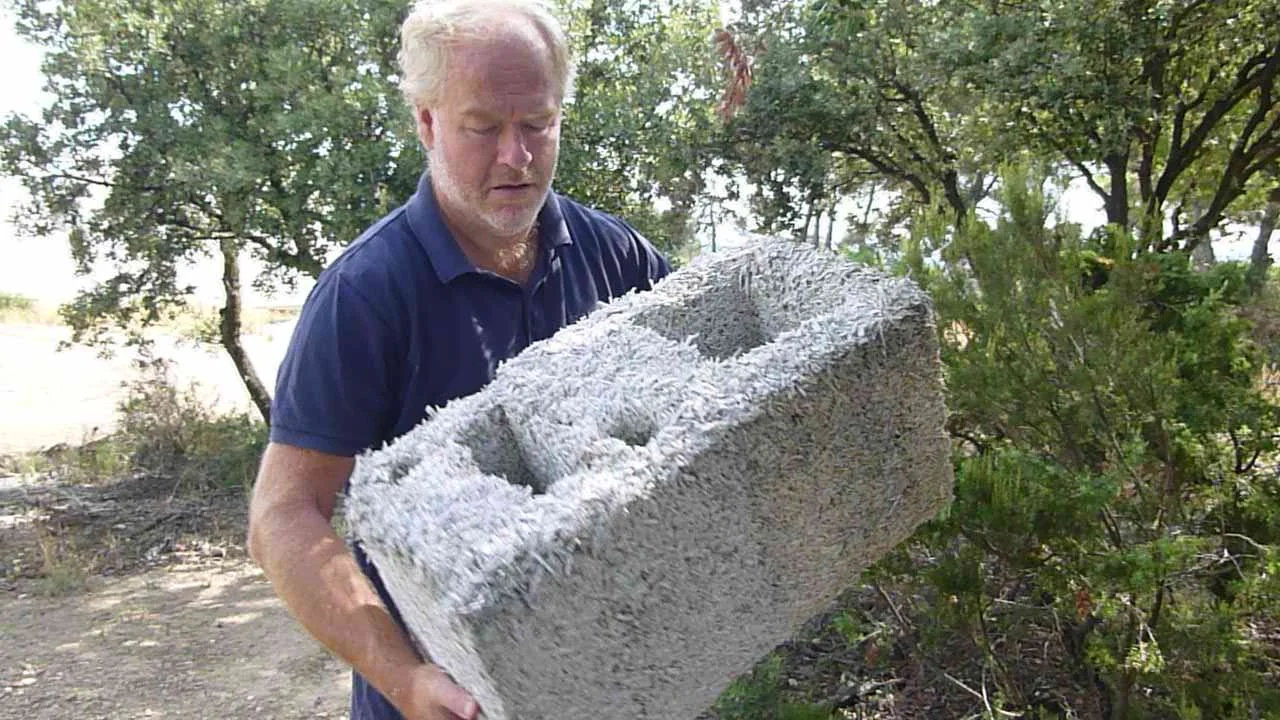
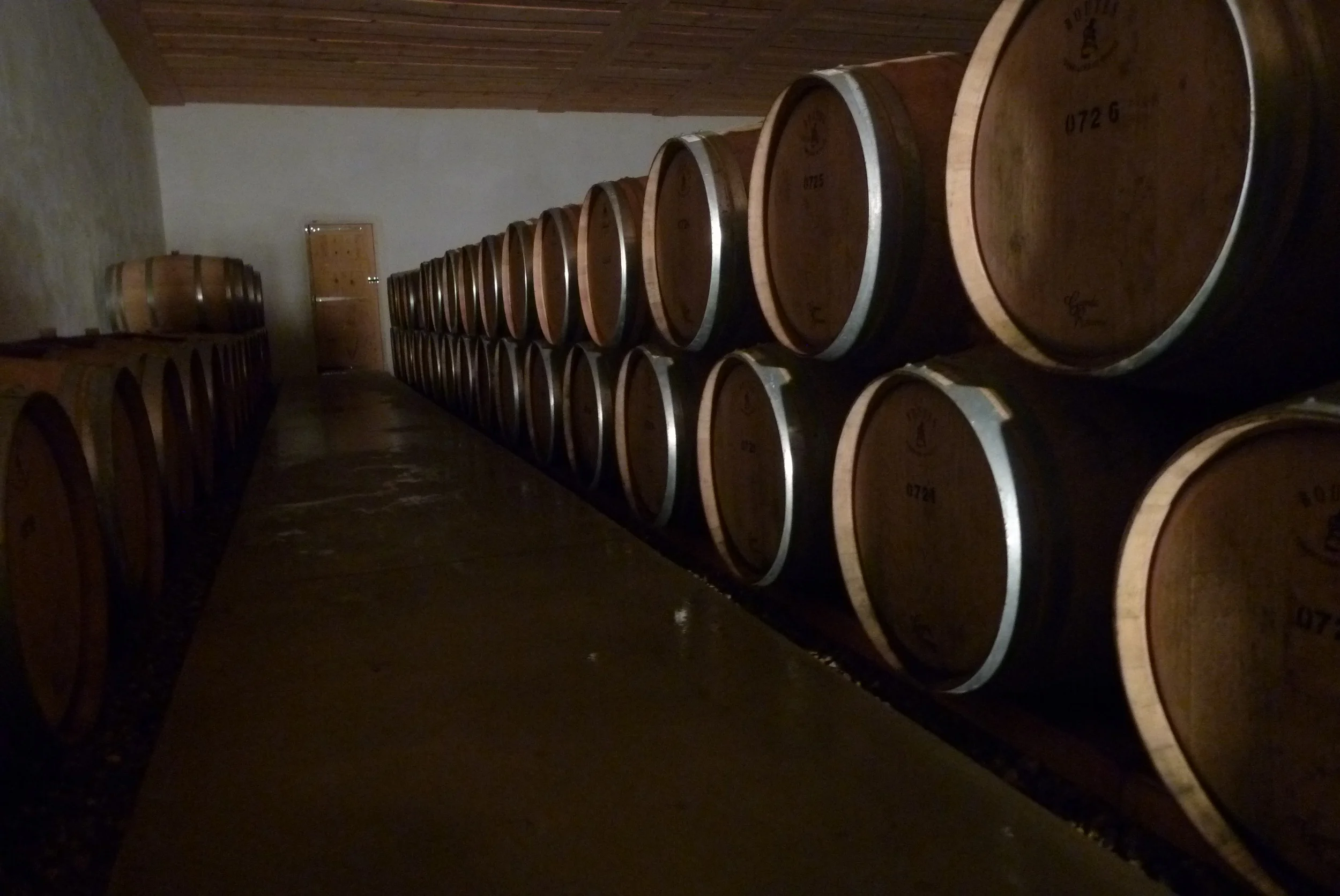
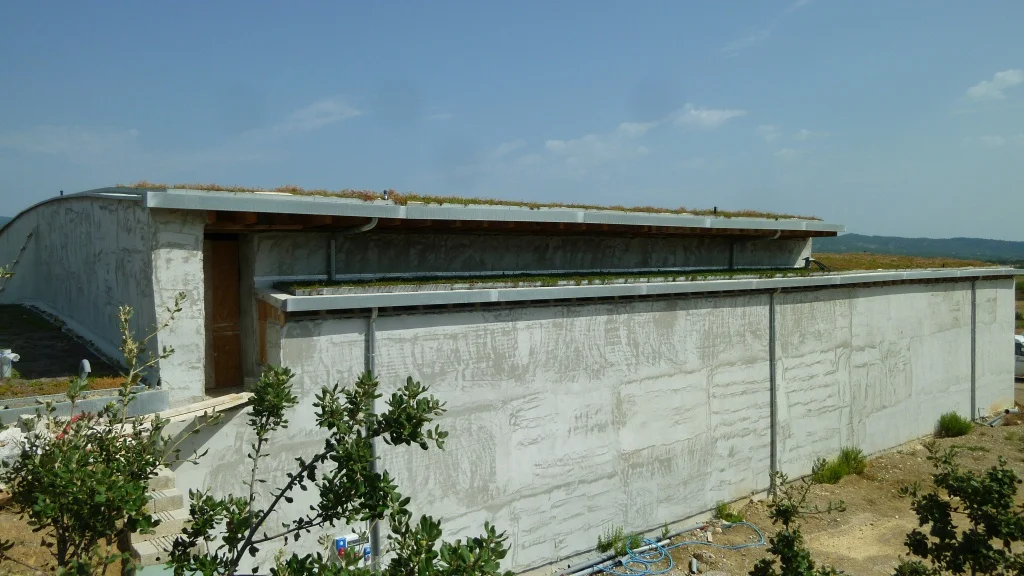
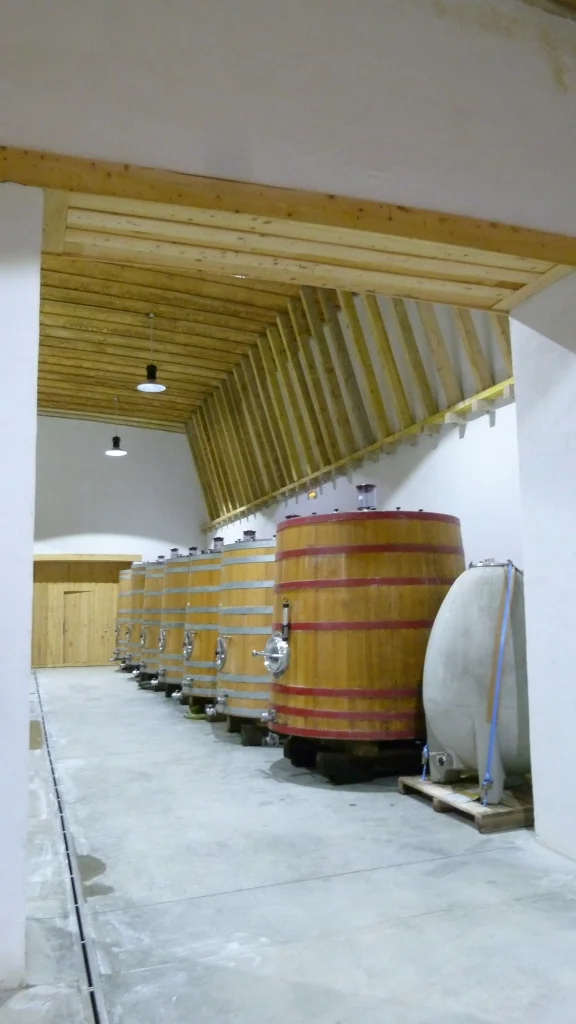
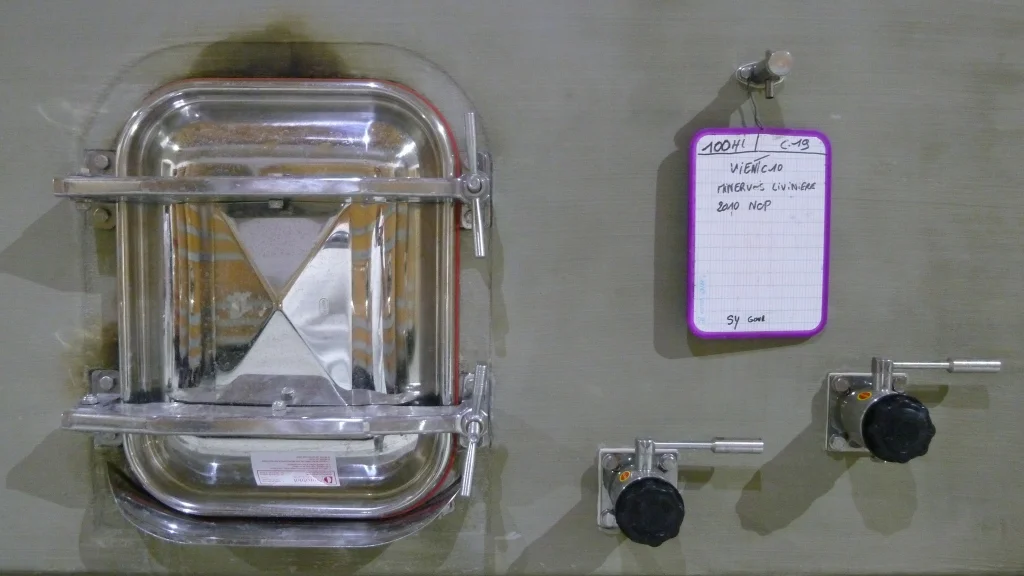
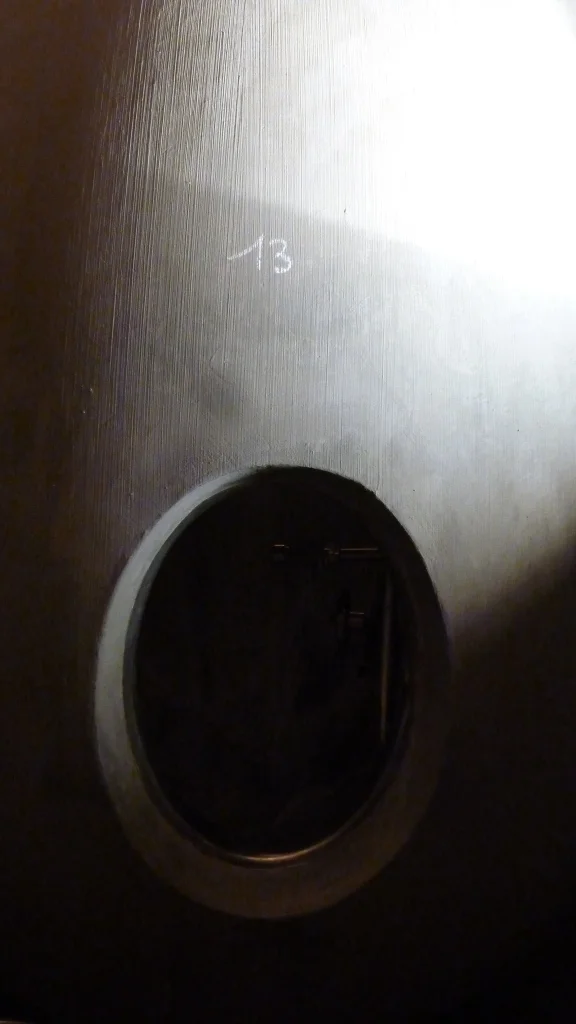
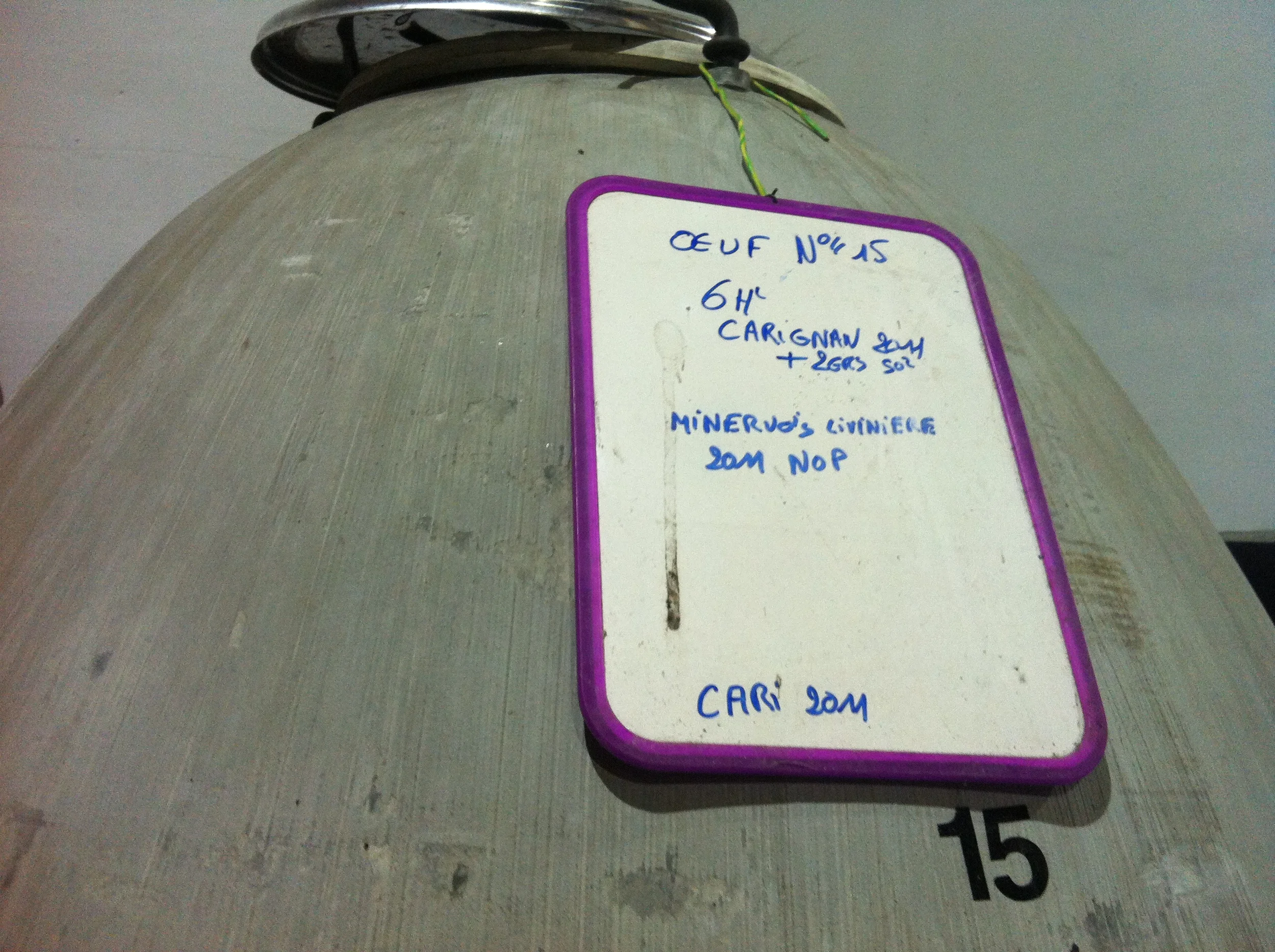







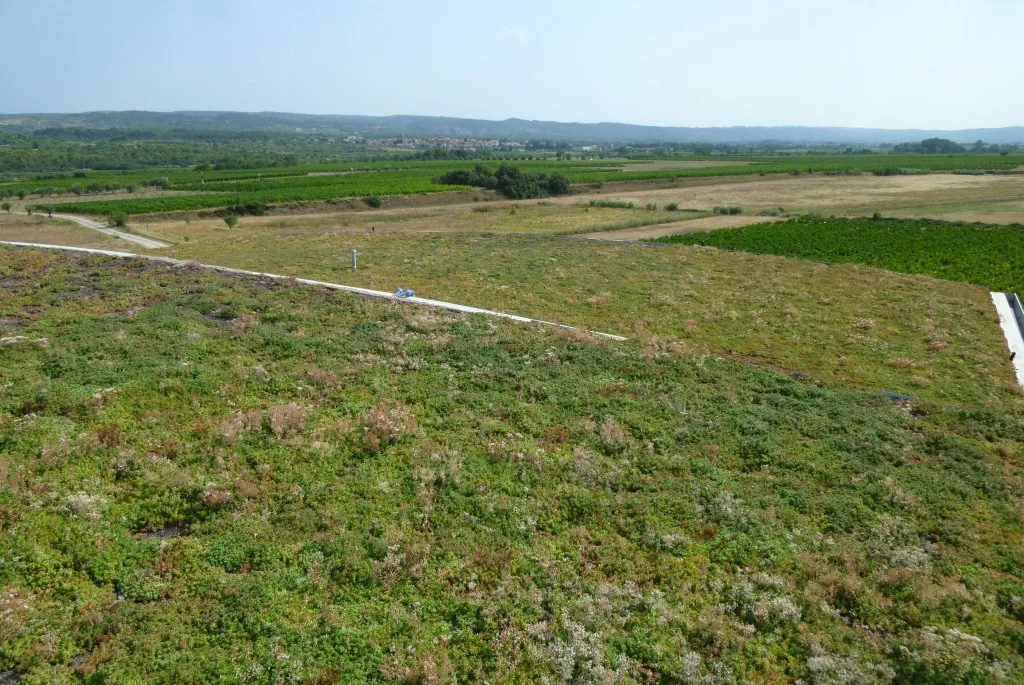
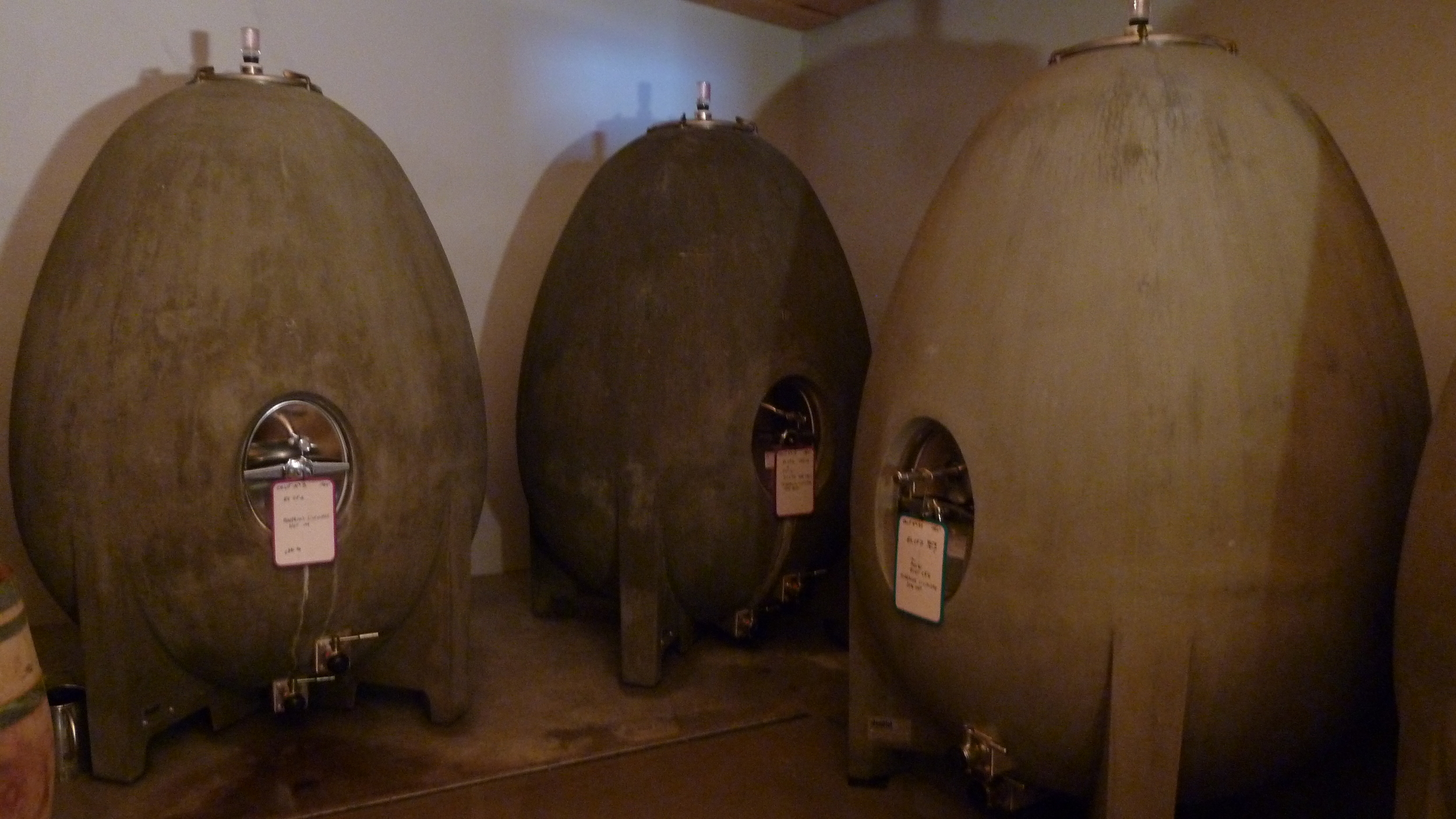
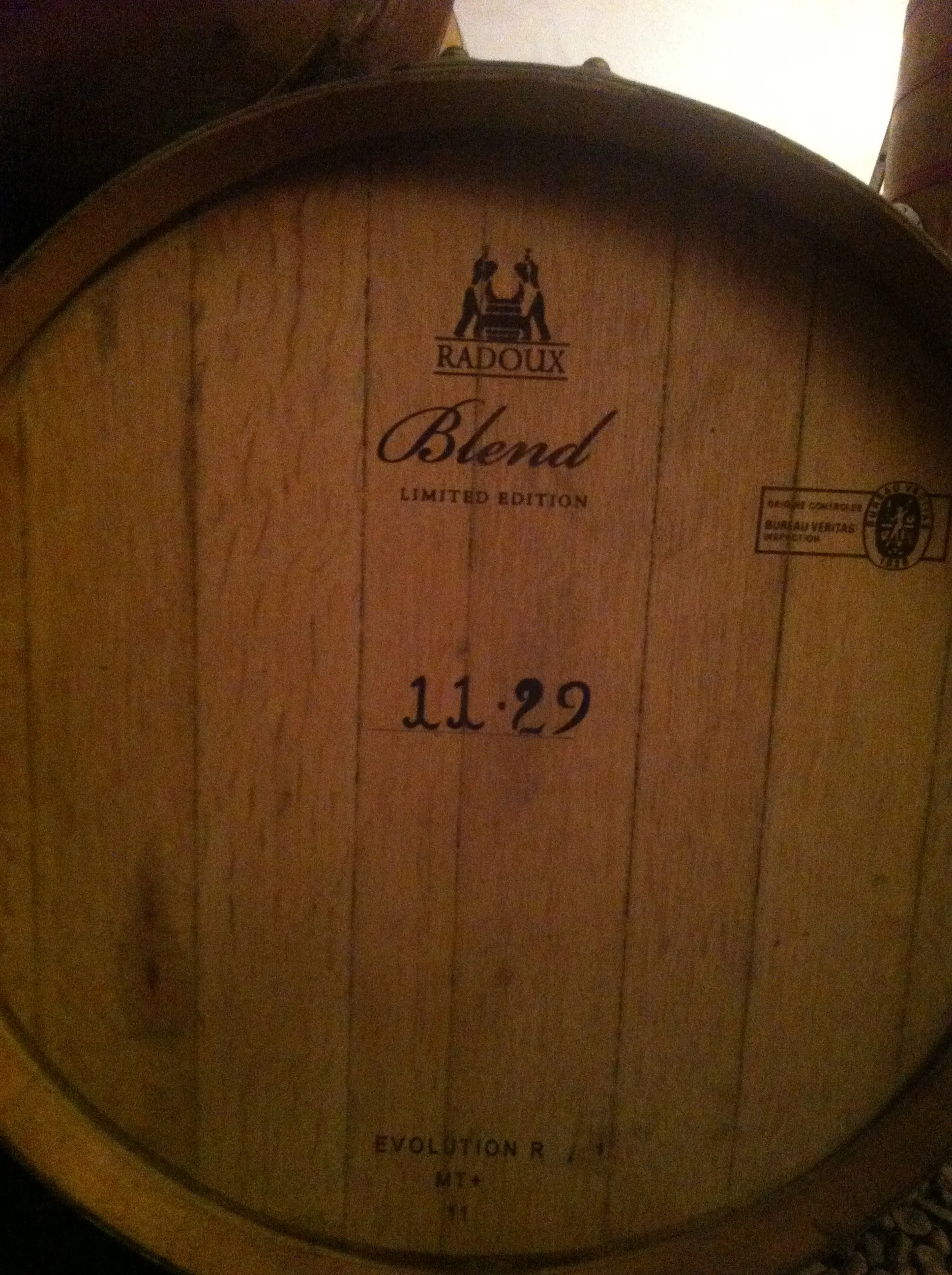
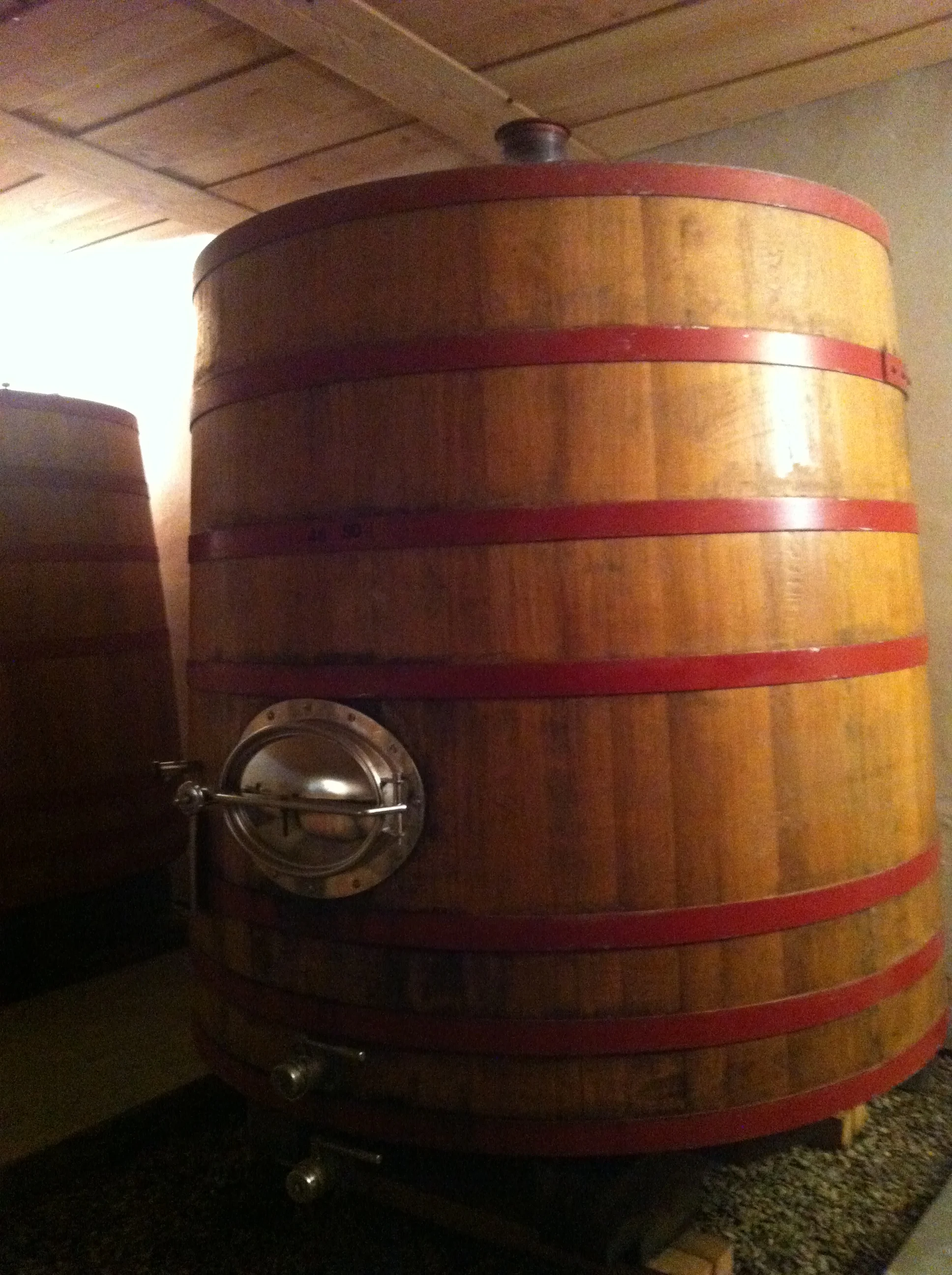
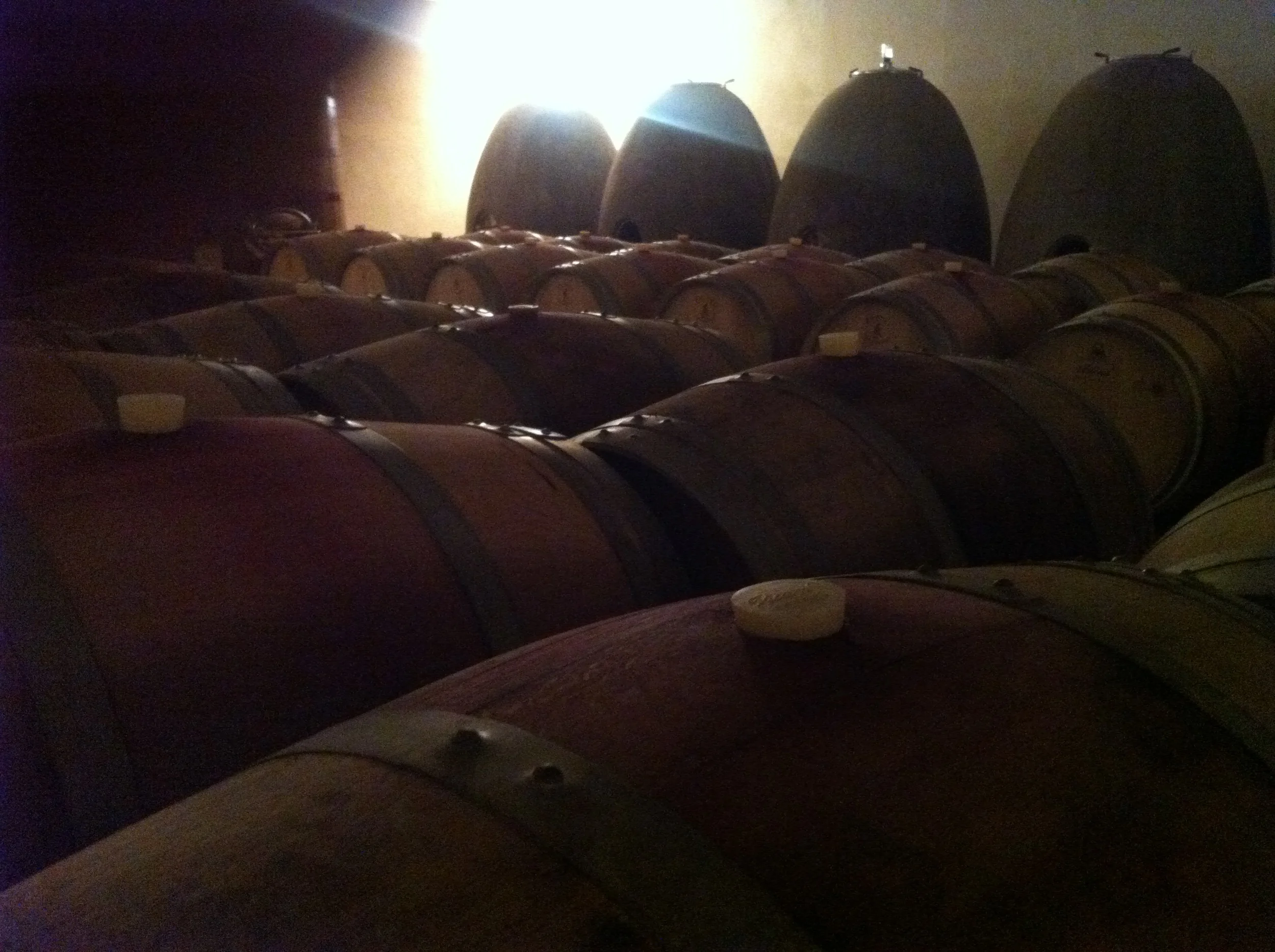
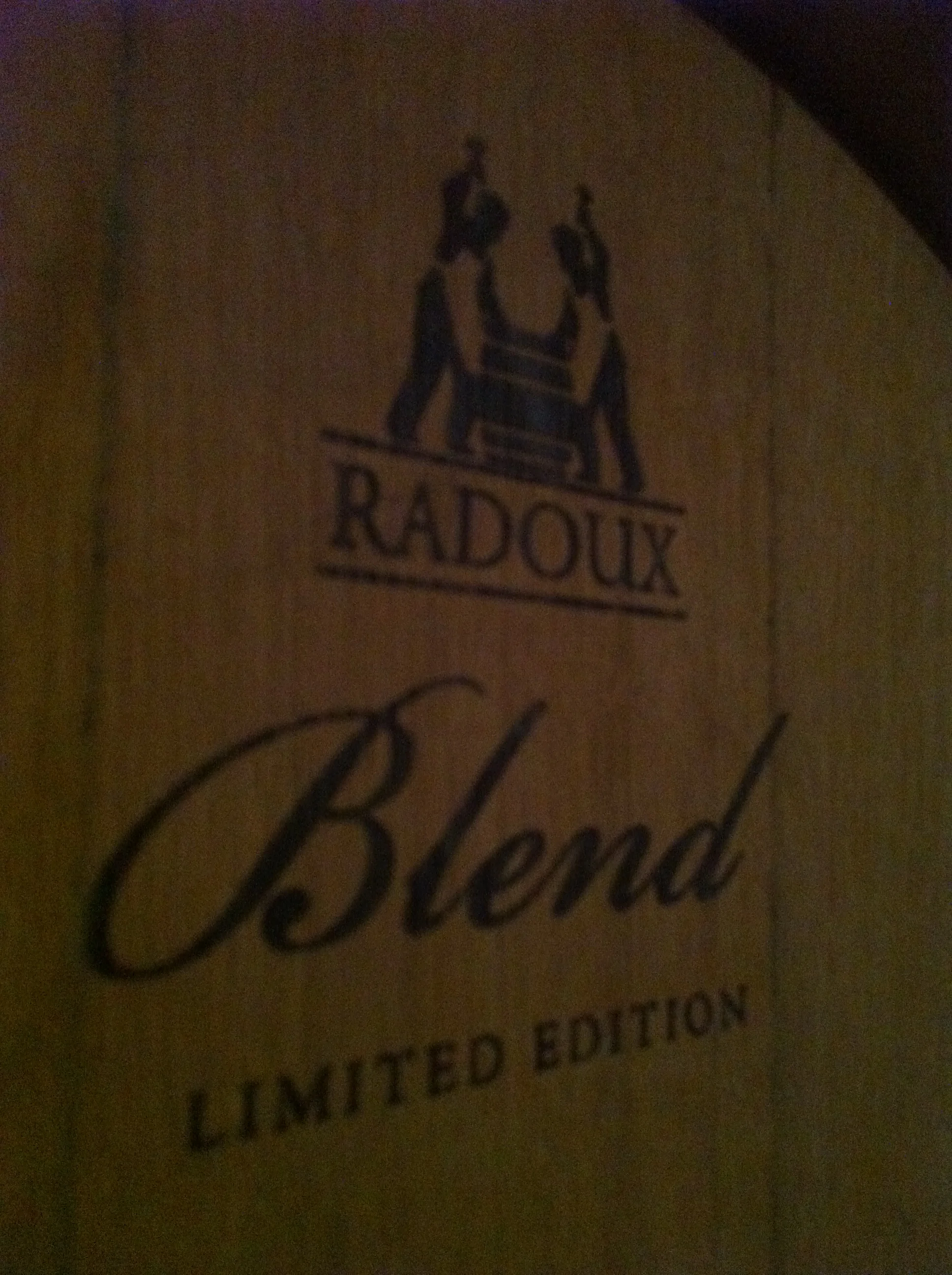
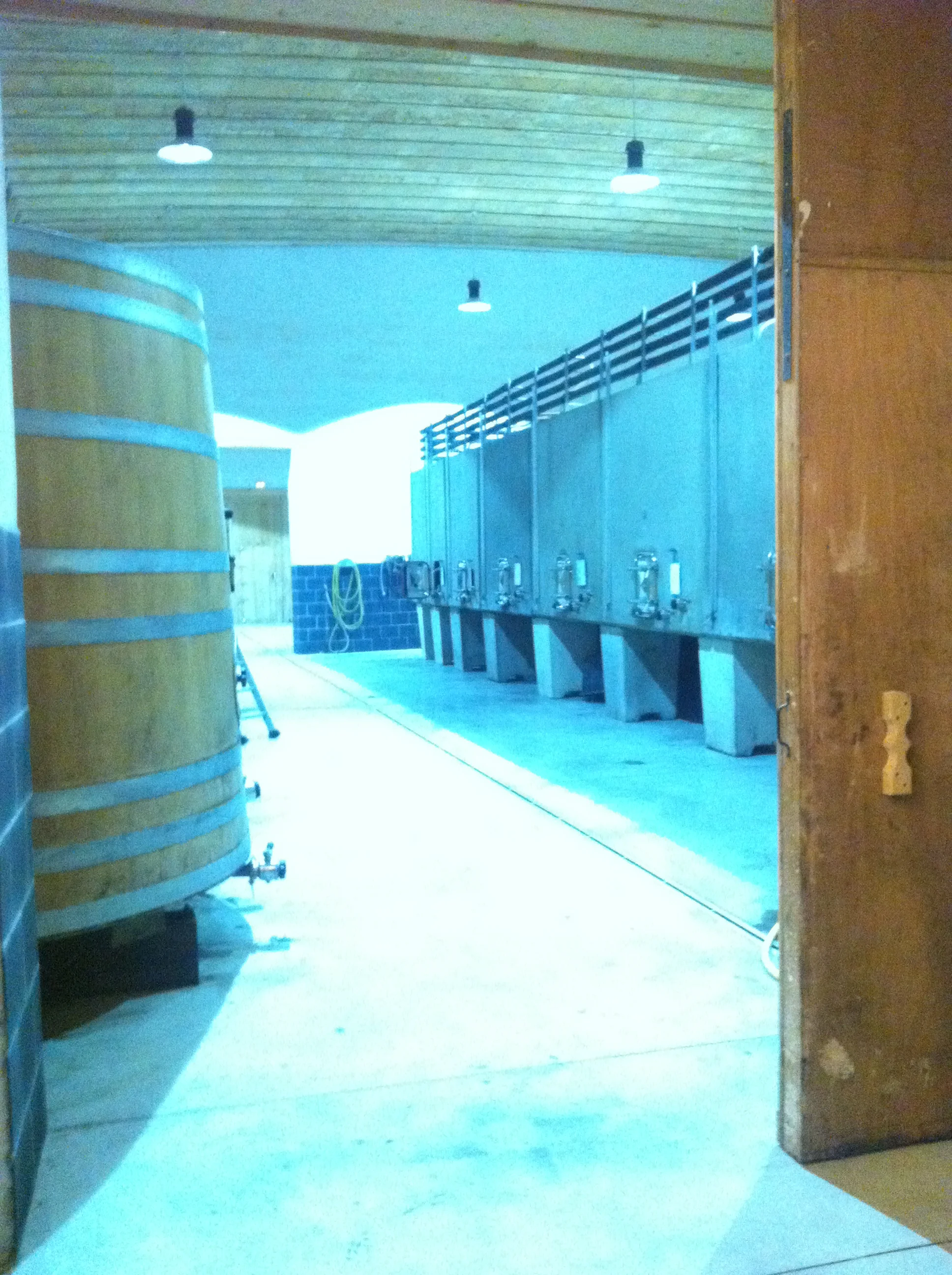
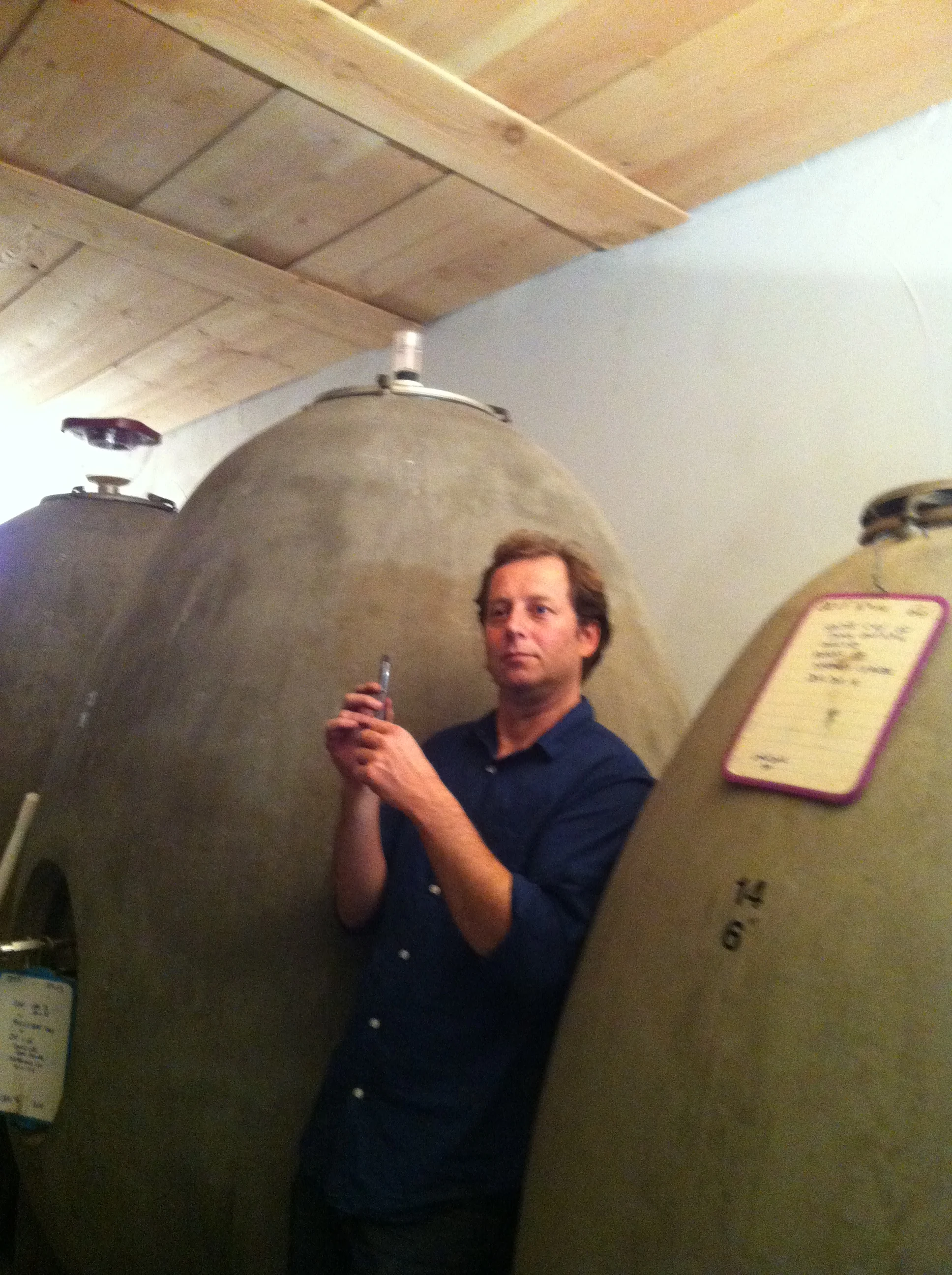
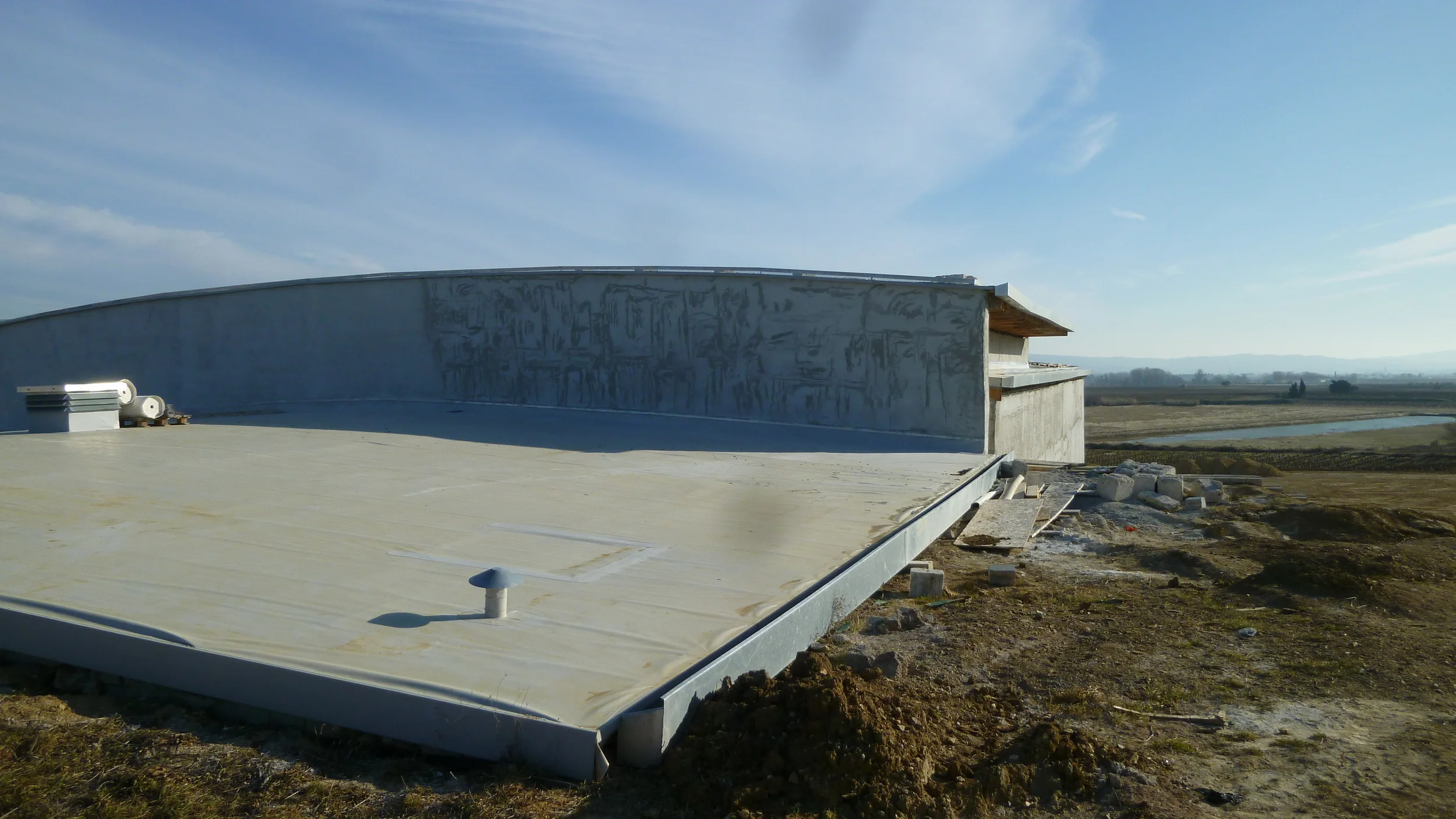
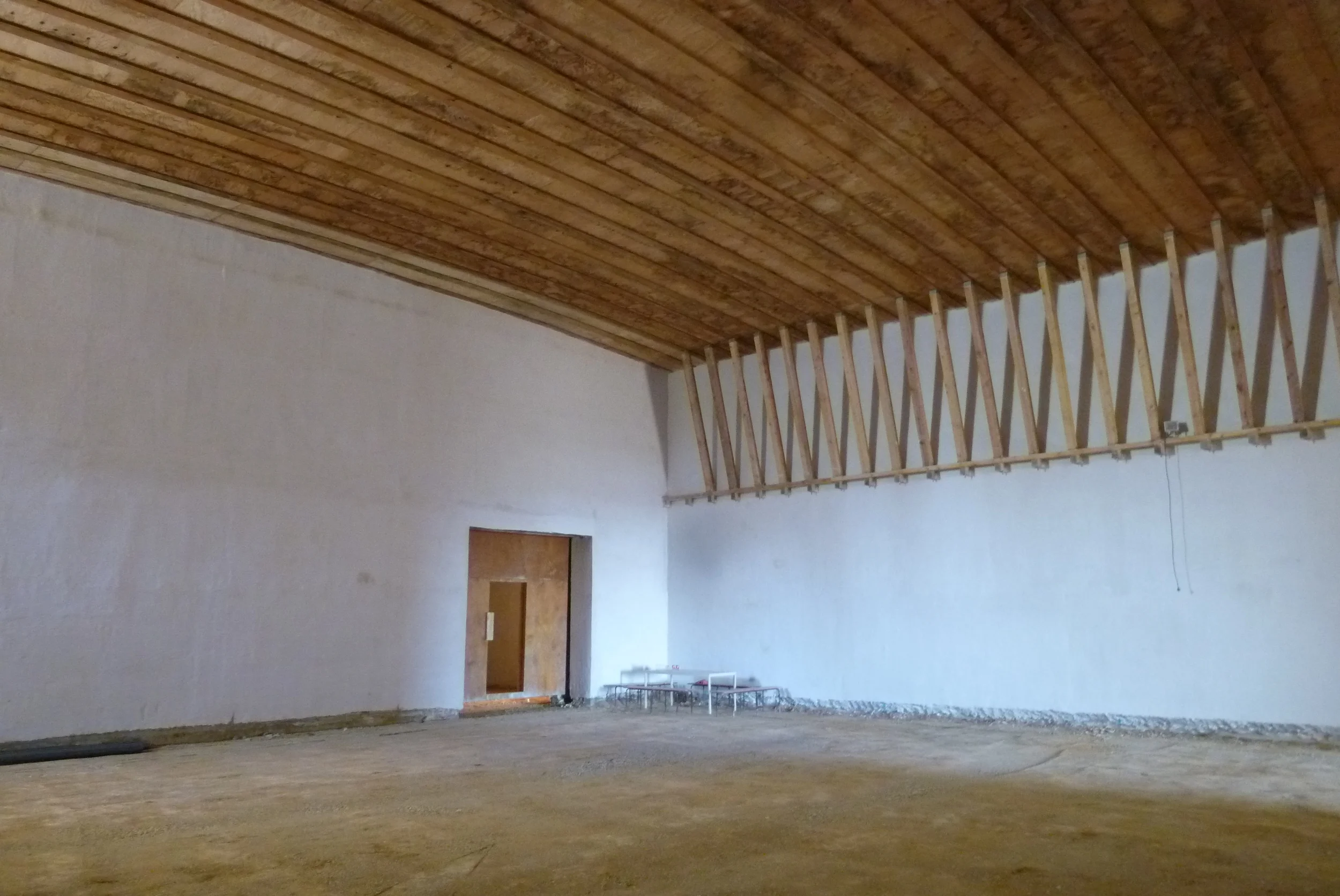
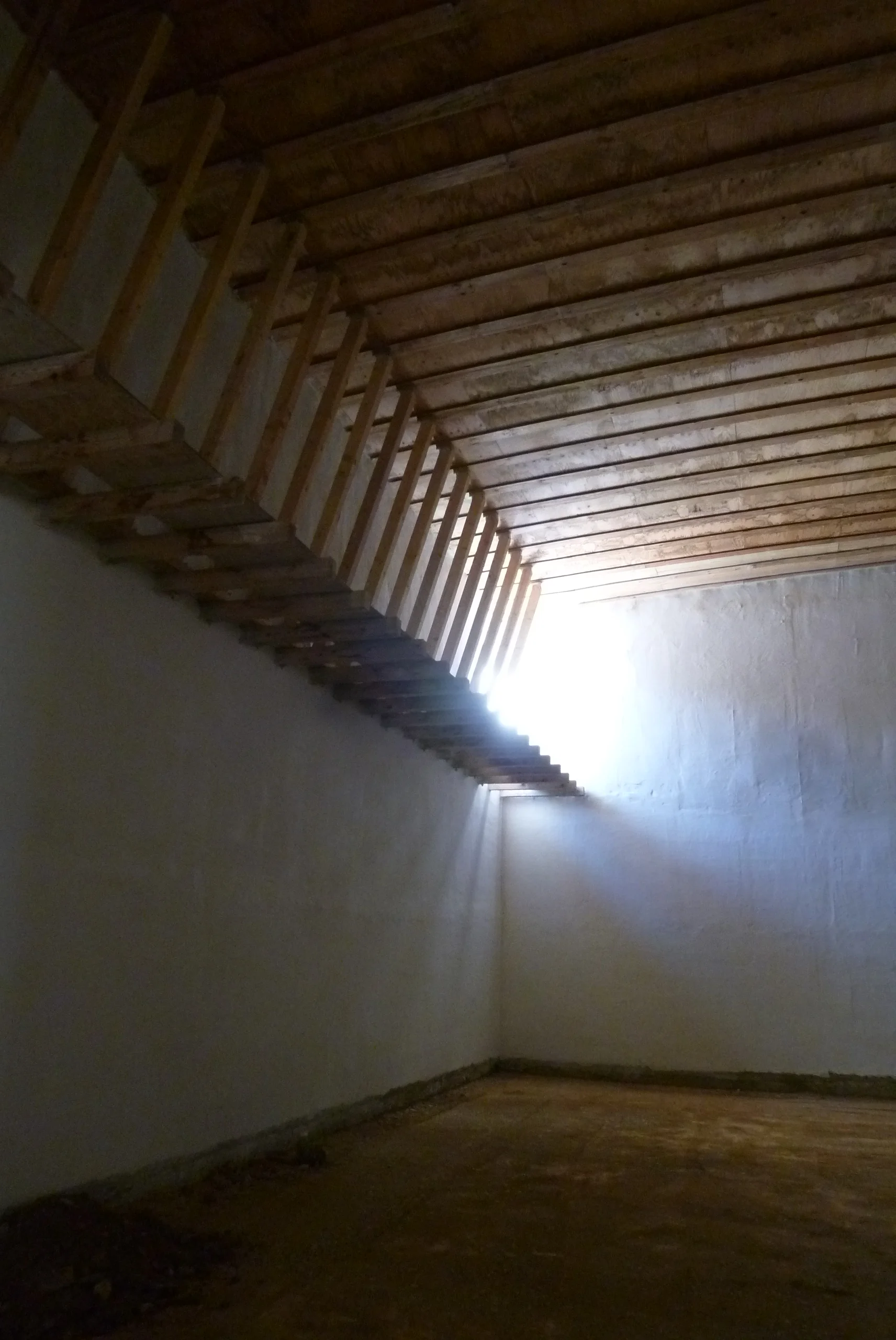
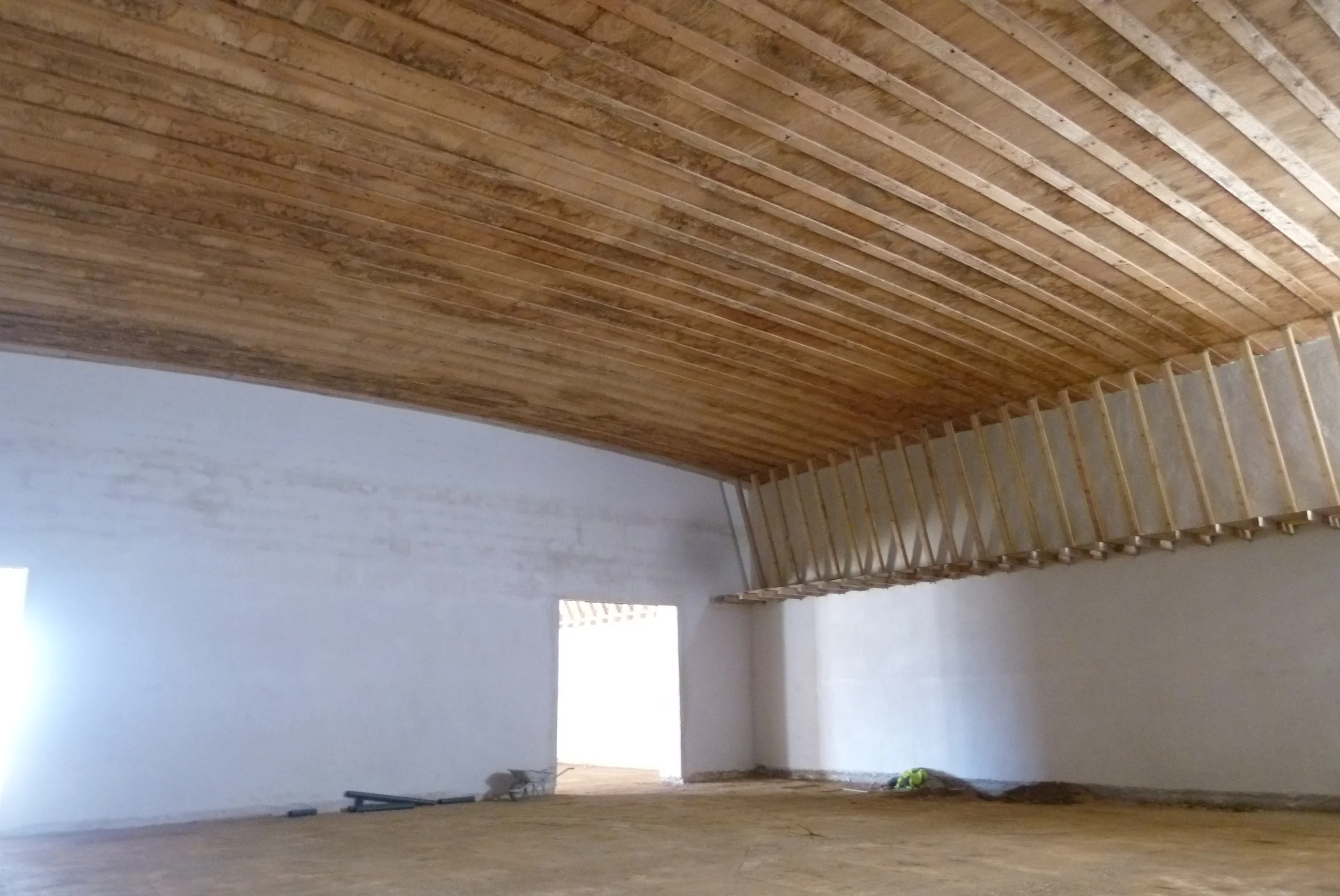
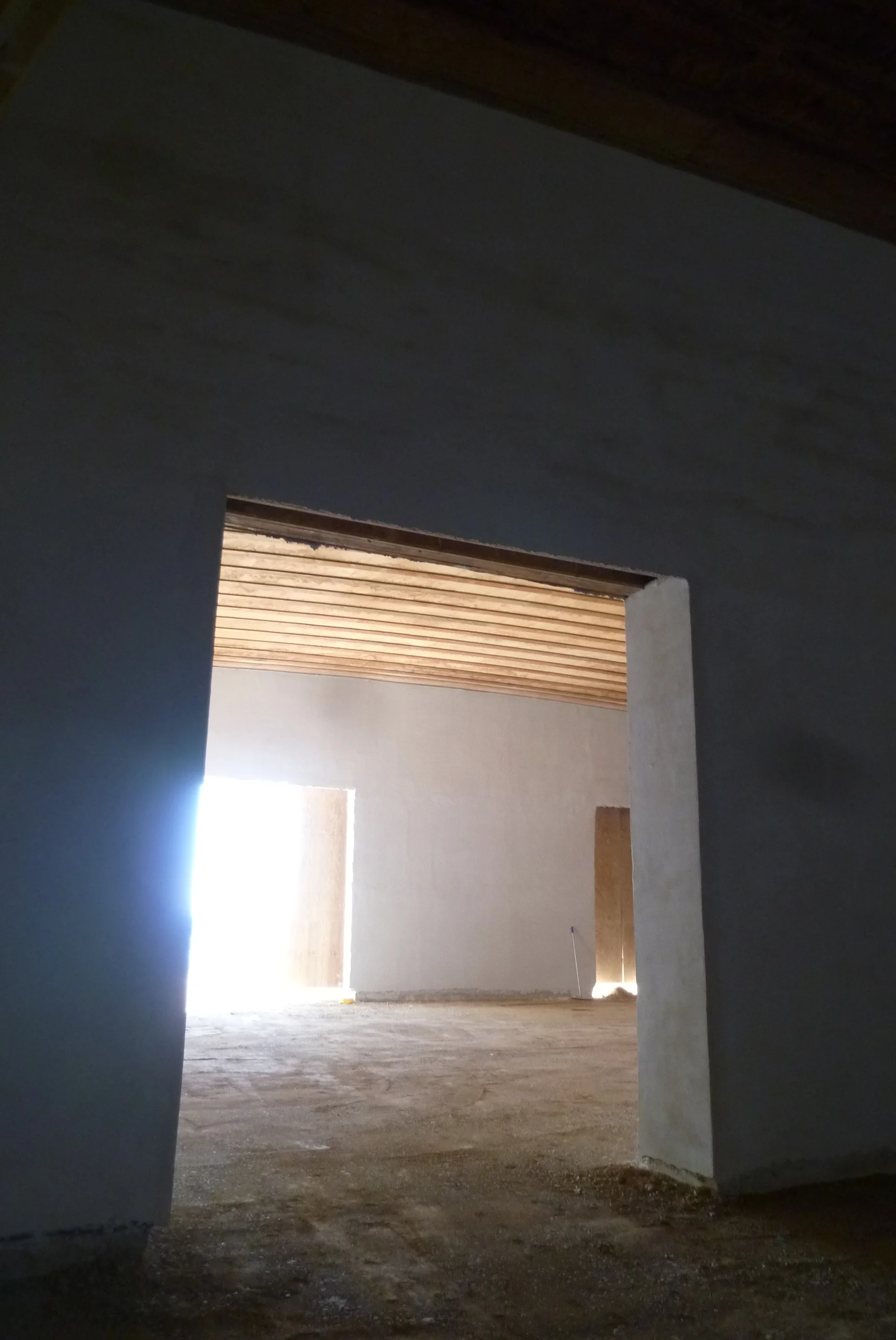
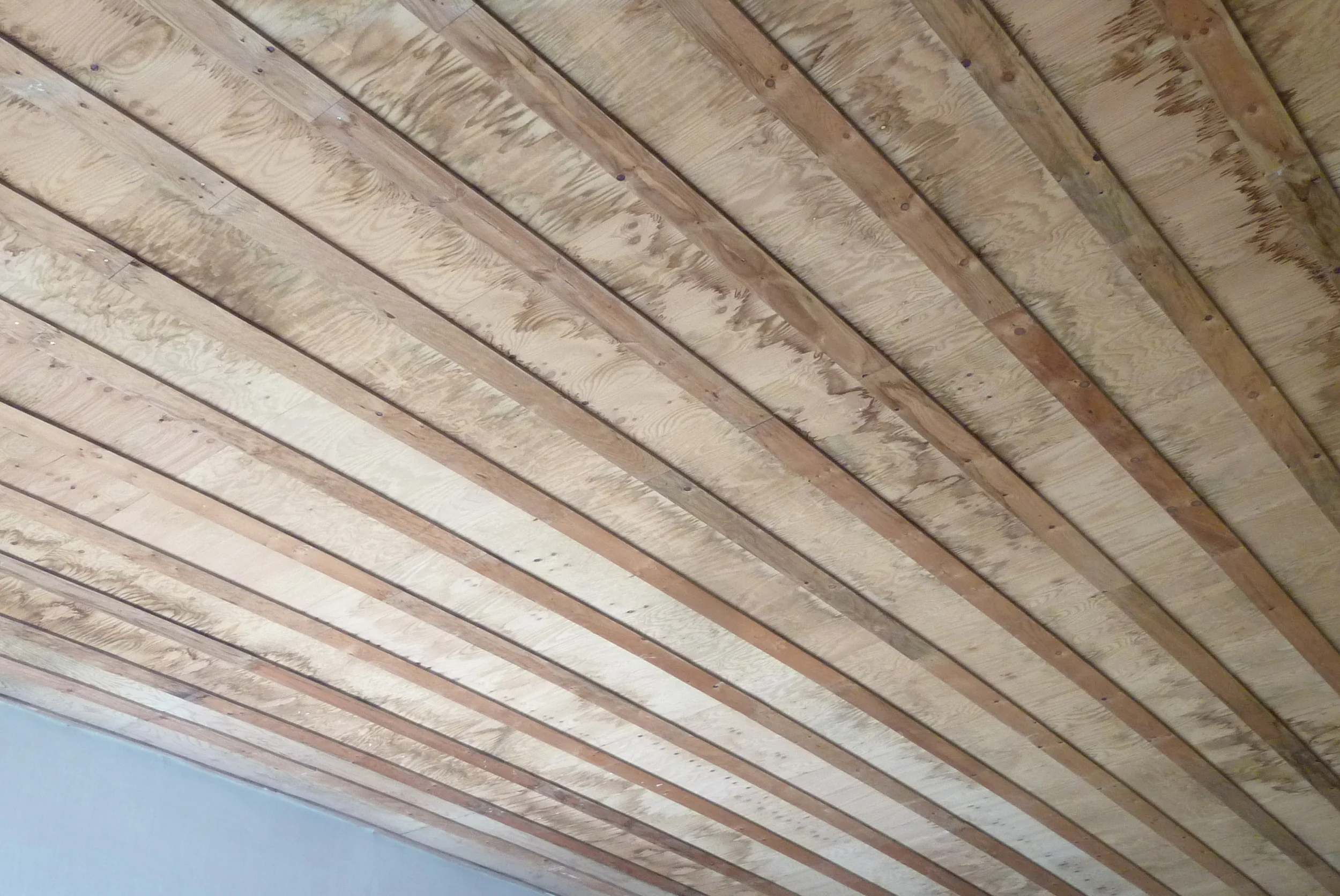
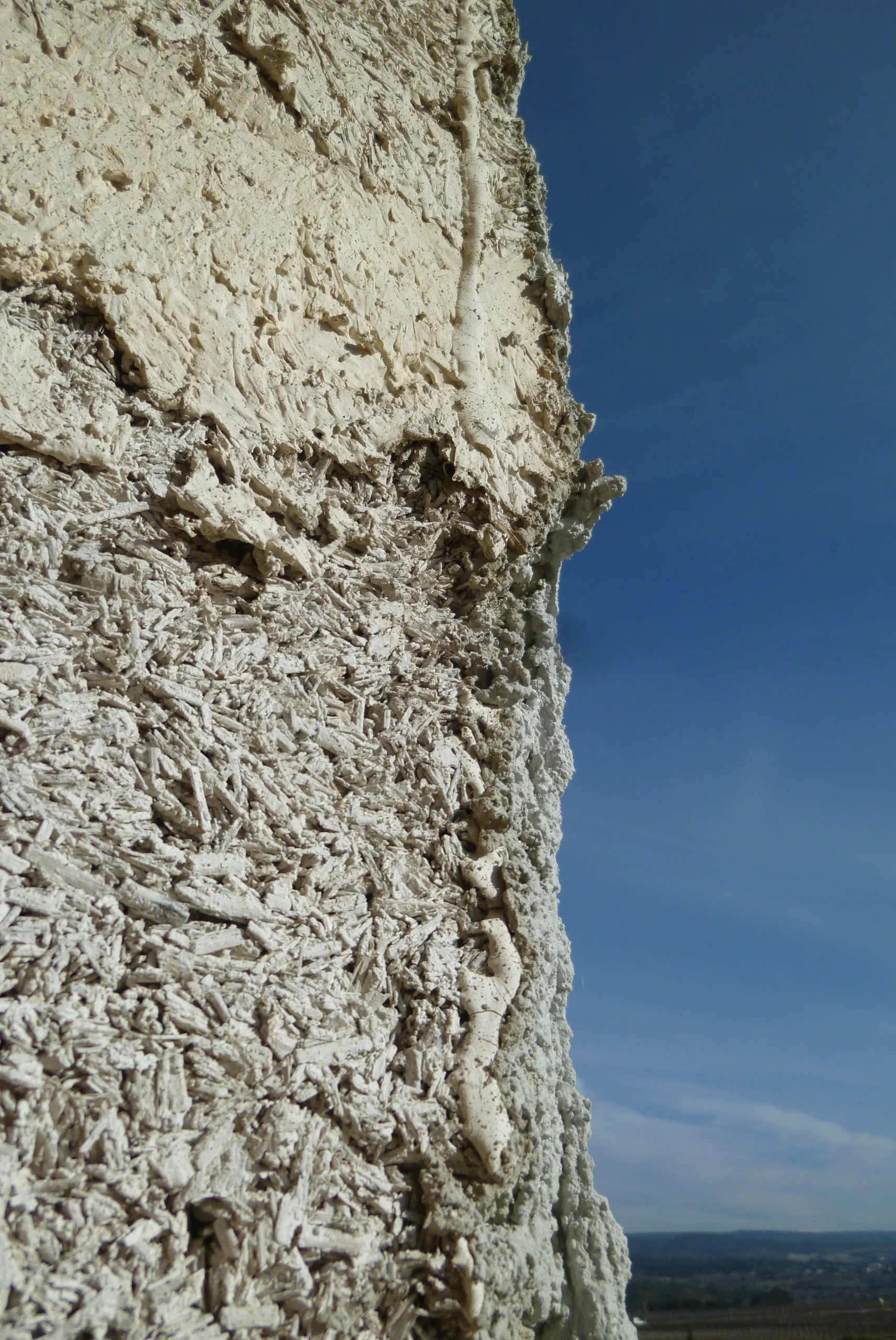
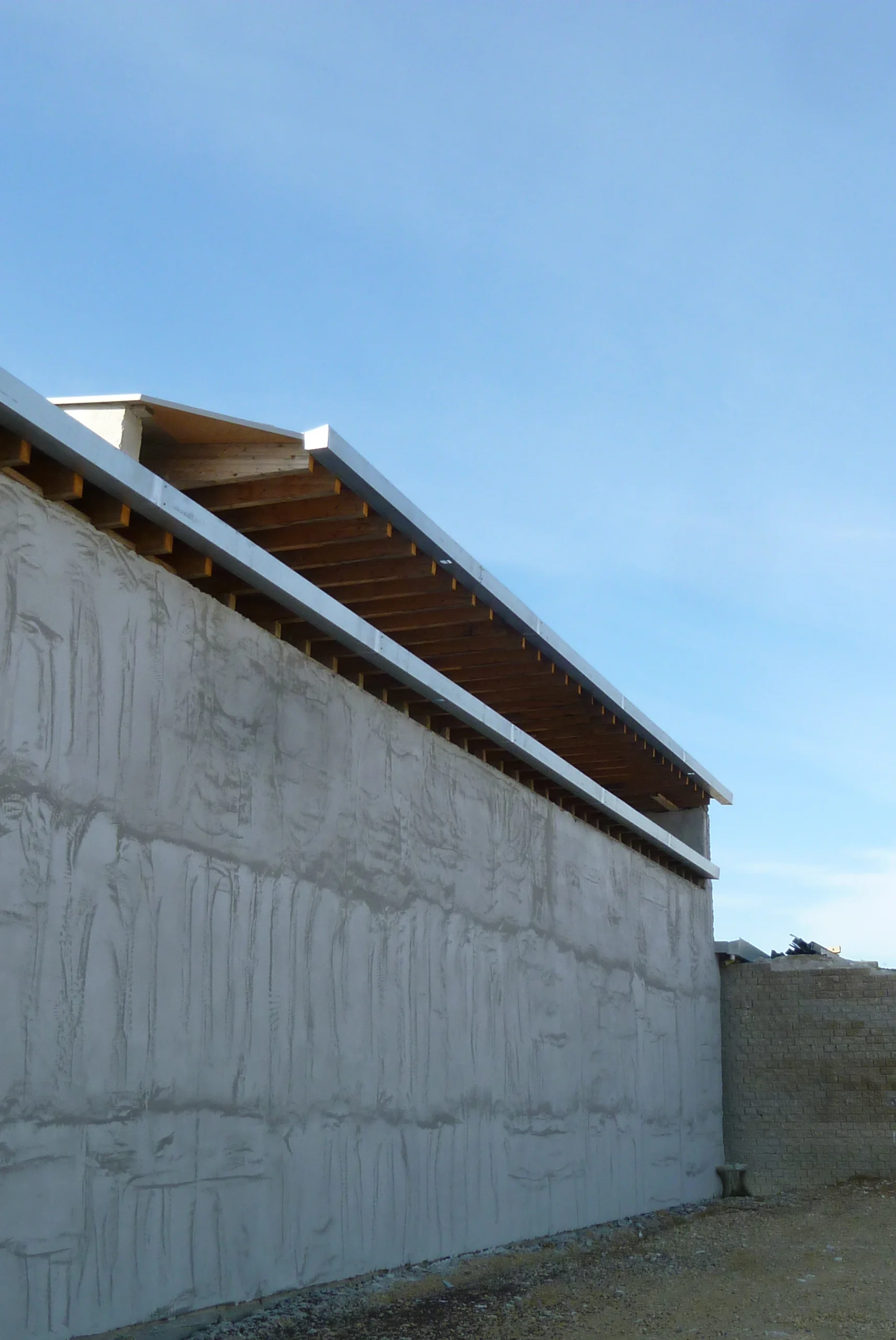
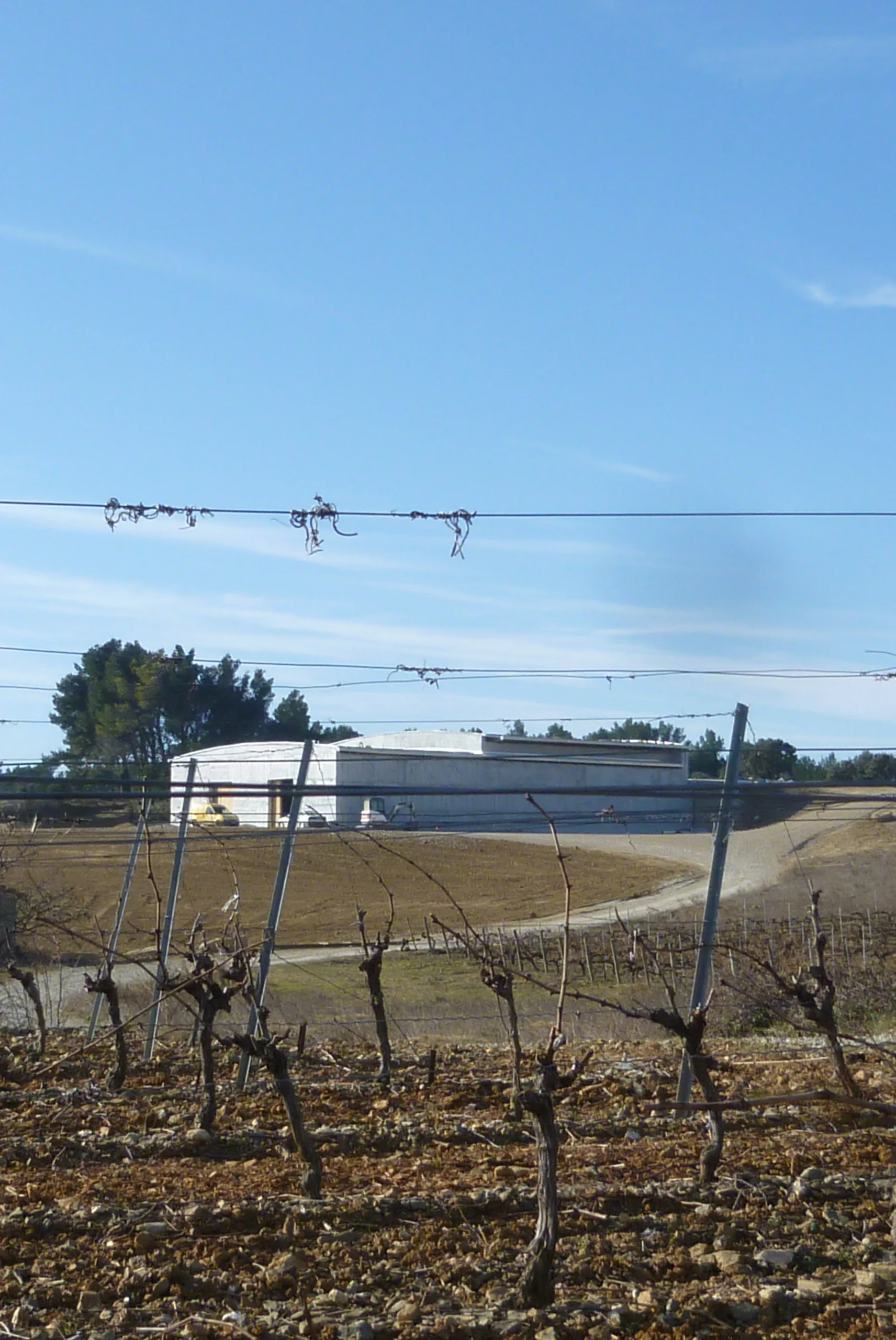
It’s not uncommon for people who are new to organic and biodynamic wines to query the extent to which a wine estate can be ‘completely’ organic. Surely, they ask, the organic commitment begins and ends in the vineyard?
Well no – and especially not at Château Maris.
The Domaine was keen to build a winery (chais) that embraced all that was good about new technology whilst not neglecting proven, traditional winemaking practices.
The chais has been built with hemp lime bricks that are supported by a wooden structure. The materials are, for the most part, vegetal and a renewable resource. They emit no gases that are bad for your health health, no dust allergens and no static electricity. Equally, they regulate moisture effectively.
No ventilation is required and nor is any sort of heating or cooling system. As a plant, hemp consumes CO2 and it requires no pesticides or irrigation. It is also well known for its positive properties in maintaining topsoil. The simplicity of the building method also helped to avoid a lot of site waste.
The Château Maris winery will stock CO2 in its hemp walls and in its planted roof.
The roof of the office and tasting building will support 380m2 of photovoltaic solar panels capable of producing 49kwc/an. Along with the building’s efficiency, the complex will produce as much energy as it consumes, as well as stocking CO2 to counter any emissions in the winemaking process.
Follow this link for the full page article by the Wine Spectator entitled "Chateau Hemp"
It’s not uncommon for people who are new to organic and biodynamic wines to query the extent to which a wine estate can be ‘completely’ organic. Surely, they ask, the organic commitment begins and ends in the vineyard?
Well no – and especially not at Château Maris.
The Domaine was keen to build a winery (chais) that embraced all that was good about new technology whilst not neglecting proven, traditional winemaking practices.
The chais has been built with hemp lime bricks that are supported by a wooden structure. The materials are, for the most part, vegetal and a renewable resource. They emit no gases that are bad for your health health, no dust allergens and no static electricity. Equally, they regulate moisture effectively.
No ventilation is required and nor is any sort of heating or cooling system. As a plant, hemp consumes CO2 and it requires no pesticides or irrigation. It is also well known for its positive properties in maintaining topsoil. The simplicity of the building method also helped to avoid a lot of site waste.
The Château Maris winery will stock CO2 in its hemp walls and in its planted roof.
The roof of the office and tasting building will support 380m2 of photovoltaic solar panels capable of producing 49kwc/an. Along with the building’s efficiency, the complex will produce as much energy as it consumes, as well as stocking CO2 to counter any emissions in the winemaking process.
Follow this link for the full page article by the Wine Spectator entitled "Chateau Hemp"